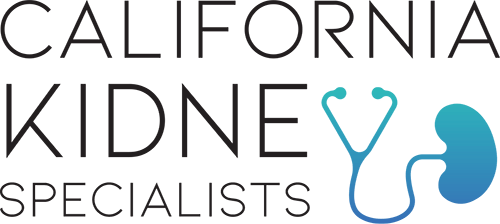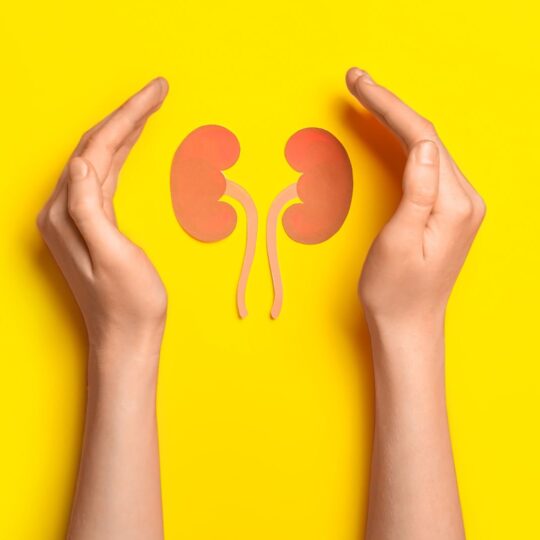You’ve probably heard about chronic kidney disease (CKD)—it’s been in the news a lot lately. But what you may not know is that CKD is a serious health condition that can lead to kidney failure if it’s not treated.
CKD affects millions of people in the United States, and the number of people with CKD is expected to increase as the population ages. That’s why it’s important to learn about CKD and its symptoms so you can get treatment early if you develop the disease.
In this article, we’ll discuss what you need to know about CKD: its causes, symptoms, and how it’s treated. We’ll also talk about how to get screened for CKD so you can catch it early if you’re at risk.
Stages of Chronic Kidney Disease
Chronic kidney disease (CKD) is a gradual and progressive loss of kidney function. There are five stages of CKD, and it’s important to be aware of the symptoms so that you can seek early treatment.
The earlier stage of CKD, the better your chances for successful treatment. In the early stages, you may not experience any symptoms at all. As the disease progresses, you may experience fatigue, swelling, and difficulty concentrating. Severe kidney disease can lead to heart failure, high blood pressure, and anemia.
It’s important to be aware of these symptoms and see your doctor if you have any concerns. Early detection is key to the successful treatment of CKD.
Treatment Options for Chronic Kidney Disease
Once you have been diagnosed with chronic kidney disease, the doctor will put you on a treatment plan. This may include:
1. Changes in your diet. You will need to eat a low-protein diet and avoid foods that are high in potassium, phosphorus, and sodium.
2. Taking medications to help control your blood pressure and blood sugar levels.
3. Dialysis or a kidney transplant, if your kidneys fail completely.
Risks and Complications of Chronic Kidney Disease
Anyone can develop chronic kidney disease, though some people are at a higher risk.
Risk factors for chronic kidney disease include diabetes, high blood pressure, family history of the disease, and being over 60 years old. Another complication of the disease is anemia, which is a shortage of red blood cells. This can cause you to feel tired and weak, and can even lead to heart problems.
Prevention and Early Detection Strategies for Chronic Kidney Disease
You may have heard that early detection and diagnosis of chronic kidney disease is the key to successful treatment. Fortunately, there are a few strategies you can take to stay ahead of CKD.
The first and most important step is to be aware of any risk factors for CKD, such as diabetes or hypertension. If you think you’re at risk, it’s a good idea to get tested regularly.
The second step is to be aware of the symptoms of chronic kidney disease, which include fatigue, changes in urination habits, itchy skin, swelling in arms and legs, and reduced appetite. If you experience any of these symptoms, it’s important to get them checked out right away by your healthcare provider.
Finally, don’t forget prevention strategies like eating a healthy diet full of fruits and vegetables and avoiding processed foods, exercising regularly, not smoking or drinking alcohol excessively, reducing stress levels as much as possible, and getting enough sleep every night. These are all ways that you can keep your kidneys healthy and help prevent CKD from occurring in the first place.
Conclusion
The good news is that CKD is often a silent disease in its early stages, which is why it’s important for everyone to be aware of the symptoms and get checked regularly. If caught and treated early, CKD can be managed and even reversed. However, if left untreated, CKD can lead to kidney failure, which requires dialysis or a kidney transplant to survive.
So, be sure to talk to your doctor about your risk factors for CKD and ask about getting regular screenings. Early detection is key to preventing the disease from progressing to kidney failure.

